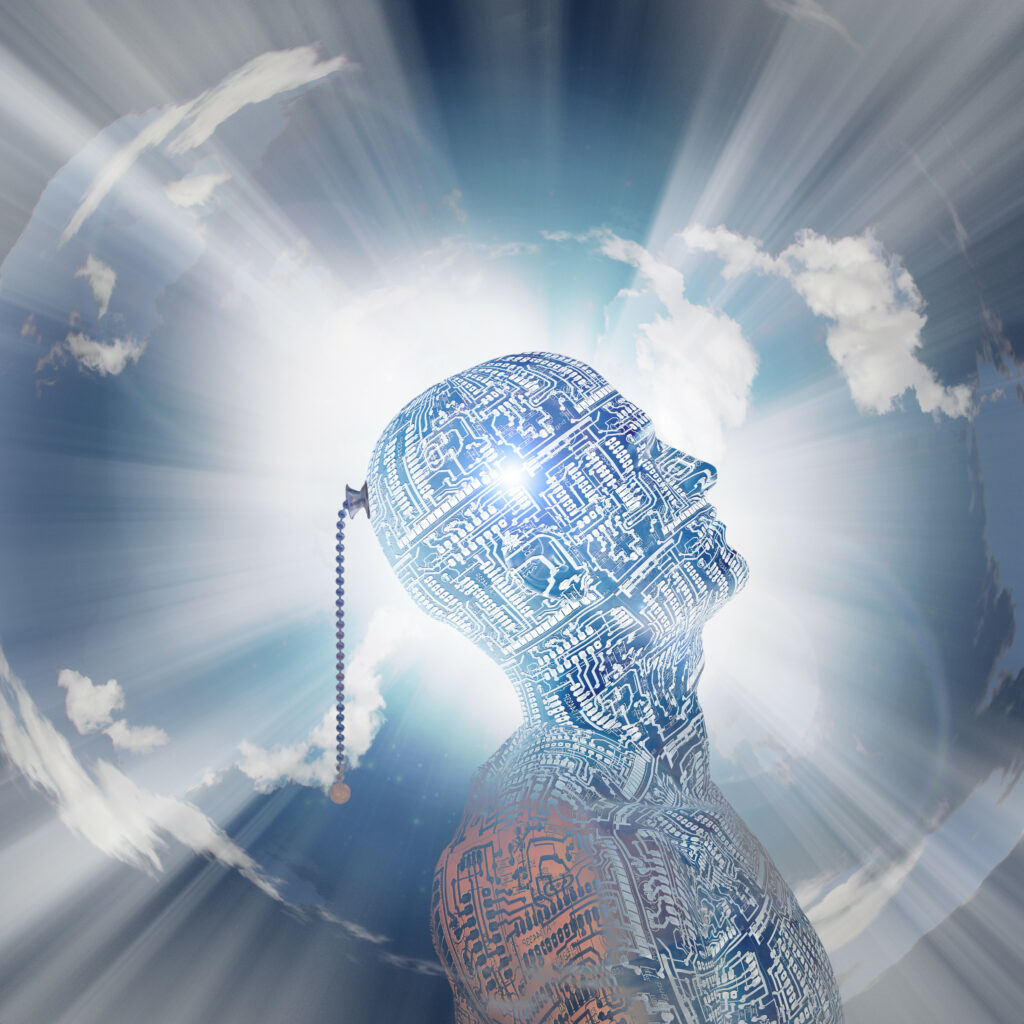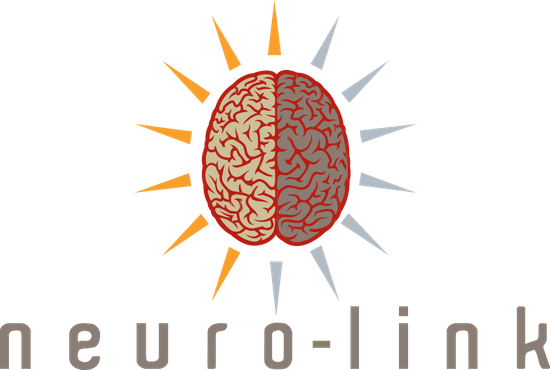Neuro Agility
What is Neuro Agility?
Definition:
Neuro Agility is a conceptual framework of study and practice that focuses on optimizing the brain-mind elements that increase the ease, speed, and flexibility with which people think, learn, and process information.
A literal translation of Neuro Agility:
- Neuro = nerves, brain, and nervous system.
- Agility = fast, easy and flexible.
- Neuro Agility = thinking, learning, and processing information with ease, speed, and flexibility.
- Neuro Agility = a fast, flexible, and focused mind.
- Neuro Agility = all brain regions functioning at optimum level simultaneously.
- Neuro Agility = the starting point to improve brain fitness and mental flexibility
What Neuro Agility looks like:

Ease with brain agility activities like:
- Sports and activities that require hand-eye coordination.
- Cross-lateral movements, aerobic exercises and related sports.
- Advanced visual processing abilities.
- Reading speed and comprehension.
Neuro-design (brain-mind) flexibility between all brain regions:
- Thinking creatively and analytically simultaneously.
- Verbal and non-verbal communication simultaneously.
- Gestalt (visual) and language functioning simultaneously.
- Expressive and receptive functioning simultaneously.
- Rational and emotional processing simultaneously.
- Simultaneous visual, auditory, and kinaesthetic sensory processing.
- Optimal information processing through all the physical senses of the brain.
- Multiple intelligence perspectives.
- Having strong mental faculties does not mean that one is cognitively flexible or brain fit.
Mental flexibility:
- Maintaining multiple ideas and understandings simultaneously.
- Moving between various modes of thinking and learning easily.
- Easily drawing connections between past, current, and future experiences.
- Quickly recognizing patterns and seeing connections between experiences.
- Dropping inappropriate knowledge learned as you move across experiences.
- Learn, unlearn, and relearn fast and easy.
- Committing fewer errors, mistakes, and accidents.
- Being change agile.
- Maintaining agile and flexible mindsets.
History of Neuro Agility
Neuro Agility is a conceptual framework of study and practice that looks at optimizing the brain-mind elements that increase the ease, speed and flexibility with which people think, learn and process information. Although Neuro Agility is a term created, trademarked, and patented by Dr. André Vermeulen in 2017, Neuro-Agility has been, and still is a work in progress since 1992. André started as a workplace and educational consultant, searching for an inclusive approach to helping his clients solve learning, performance, potential identification, and human error challenges. This led him to follow a brain-based approach to solving people’s development-related issues, as it offers an inclusive approach to people from different cultures, genders, and races. Since then, André has become a passionate student of neuroscience.
One of his primary functions is to translate neuroscience research into practical solutions that help people and organizations improve performance and drive business results. As a part-time lecturer and member of the Neuroscience Research Group of the University of Pretoria, he stays current with the latest neuroscience research and trends, while being on the frontline of experiencing workplace challenges and needs with clients in the fields of business, education, and sport.
Dr. Vermeulen is a thought leader in the field of Neuro Agility – a brain-mind construct and framework to improve brain fitness and cognitive flexibility. As a business innovator, he has developed a state-of-the-art Neuro Agility performance improvement system, consisting of various online assessments and learning solutions that are used by thousands across the globe to improve performance, develop talent and reduce risk for mistakes and human errors. These assessments and learning solutions were born from André’s purpose to make our world work better by creating tools to help people develop fast, focused and flexible brains.




